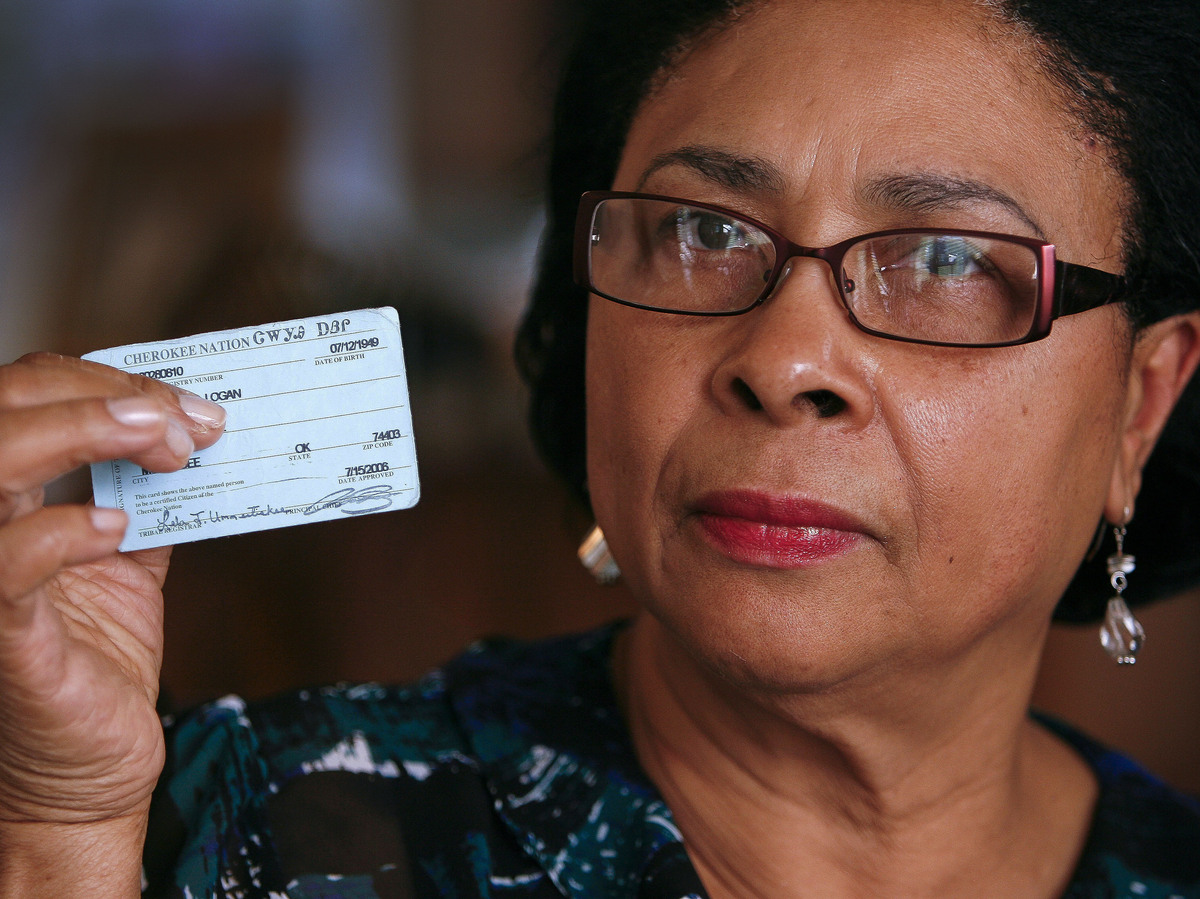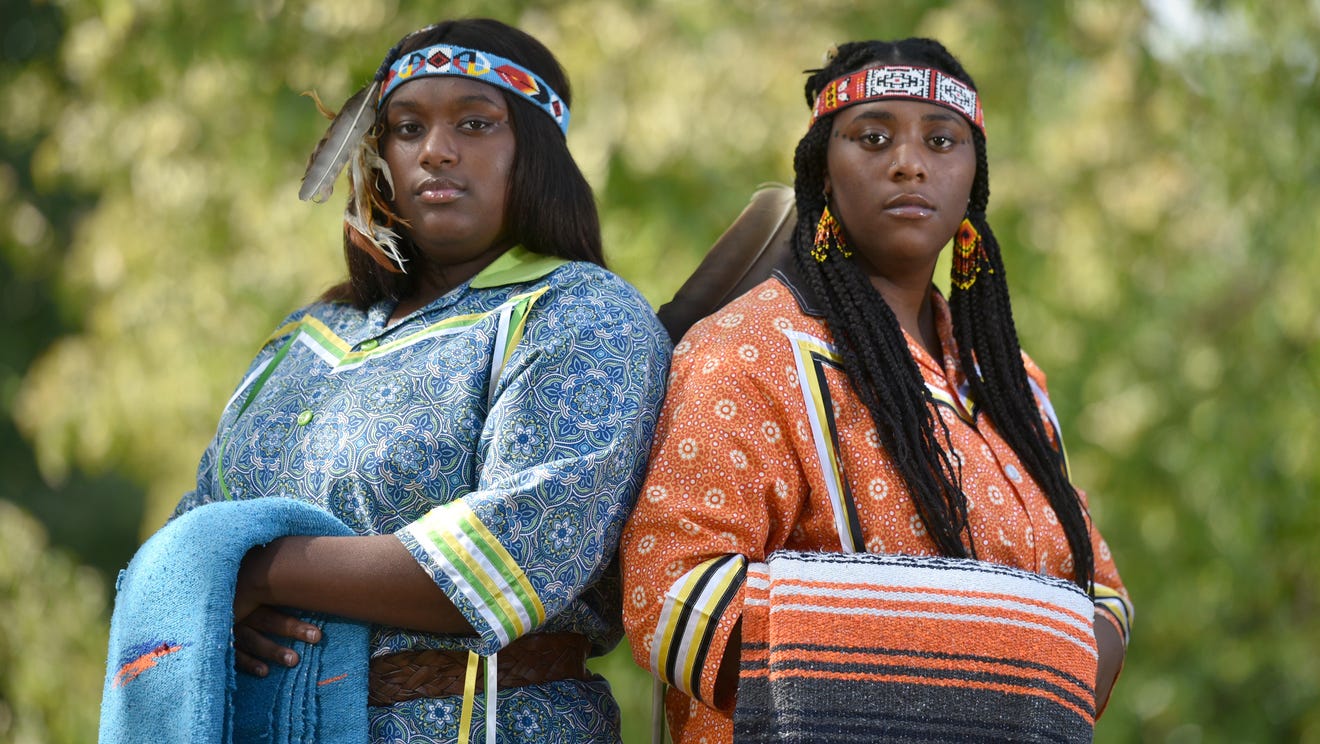Public Thinker: Chanda Prescod-Weinstein Looks to the Night Sky
Public Thinker
Public Books
2021-03-09
Katherine McKittrick, Professor in Gender Studies and the Graduate Program in Cultural Studies
Queen’s University, Kingston, Ontario, Canada

Thinking in public demands knowledge, eloquence, and courage. In this interview series, we hear from public scholars about how they found their path and how they communicate to a wide audience.
My notes on The Disordered Cosmos: A Journey into Dark Matter, Spacetime, and Dreams Deferred, by Chanda Prescod-Weinstein, began on small paper squares that were about 10.5 x 10.5 cm. The paper squares allowed me to take fairly concise notes on key themes raised in the book; because of the size of the squares, I could reposition them as I read, which meant the themes were moveable and could change according to the time and place of my reading.
Partway through the book, I moved to lined three-ring paper, because the 10.5 x 10.5 cm thematic organization was stifling. I was losing my way. Thematic categorization—here is spacetime; here is melanin; here is Black feminism; here is, here are, phase(s); here is the one equation; here is diaspora and computing and song and nuclear physics and night sky—delimited the expansive intellectual work Prescod-Weinstein puts forth in this text. The lined three-ring paper offered more space; I was able to write out exact quotations at length and also write out ideas in my own words, mostly thinking about how to imagine the planet through curves and bendability.
Disordered Cosmos is a series of stories (cosmologies) and geometries and temperature variants and rapid expansions; these cosmologies, geometries, temperatures, and expansions are underpinned by racial-sexual violence, punitive evaluation metrics, the living memory of slavery, love, work. Particles, I think, hold everything together.
In her book, Prescod-Weinstein illuminated what I did not know and what I cannot know, and sharpened where I know from; she also showed me that the discipline of physics, and her work as a Black feminist physicist who studies quantum-gravity worlds, can forge meaningful interhuman and interecological and interstellar collaborations.
The kind of collaboration she offers is wide-ranging and painful and expressed through interdisciplinary promise. This is a book about how particle interactions are animated by the plantation. It is a book about how the racist contours of scientific knowledge provide the conditions that enable us to hold on to, and study, the liberatory inventions of Black scientists. It is a book that thinks about how wages and work and Blackness and identificatory politics and physics are entangled, and how this entanglement might, and can, reorient how we care for the planet and for each other. I am out of my depths.
In fall 2020, I had the chance to talk with Prescod-Weinstein about my book, Dear Science, and she gave me all kinds of space and time and energy so that I could share some of my ideas. I read Disordered Cosmos shortly afterward, and she agreed to continue our conversation—this time, with quarks and light dimensions and future-energy-distribution mechanisms, and the Blackness of it all, in mind…
Read the entire interview here.







